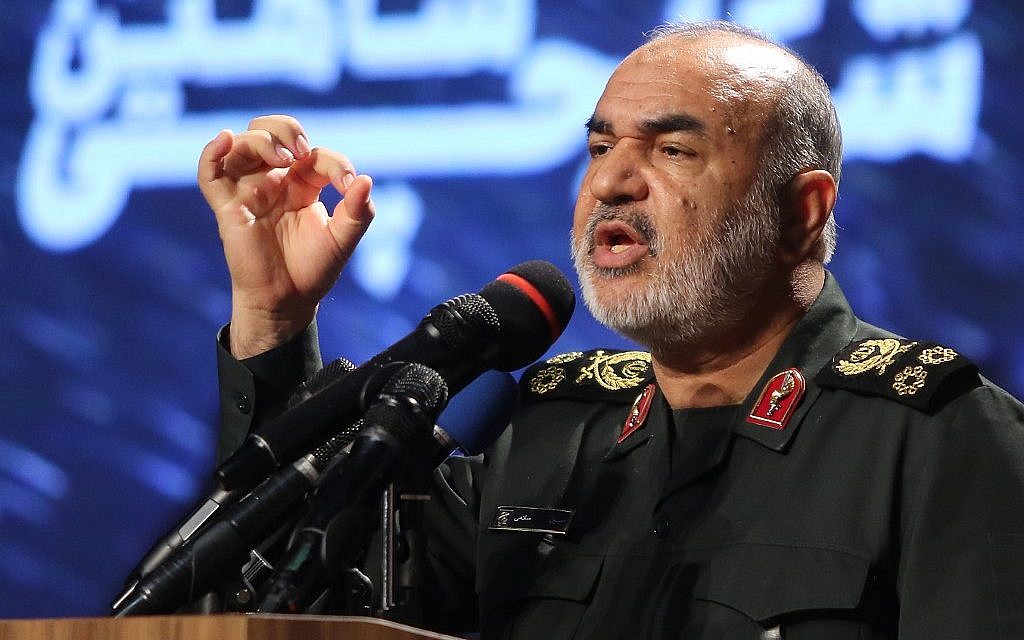IRGC Chief Commander Hossein Salami revealed on Sunday that Iran’s response to Israel would be “different,” though he avoided specific details. “The Israelis will taste the bitter revenge for their wickedness,” Salami warned.
Iran has been silent for over a month following the killing of Hamas leader Ismail Haniyeh on July 31 in Tehran. Iranian officials have blamed Israel for the attack and promised a severe response. Despite these threats, there has been no direct Iranian retaliation, unlike the missile and drone strike in April after an Israeli attack on Iran’s consular compound in Damascus.
Recently, Iranian officials softened their tone, hinting that Tehran’s response might not be a large-scale attack. However, Salami’s statement on Sunday renewed the threat. It suggests that Tehran is likely avoiding a major escalation. His comments indicate a more strategic, possibly asymmetric response rather than an immediate military operation.
Tasnim News Agency, linked with the IRGC, reported that when asked about the specifics of Iran’s revenge, Salami said, “It will certainly be different, and this mystery will be solved in time for everyone.”
In a gathering in Yasuj, Salami said Israel is “surrounded by Muslims” and added that the “nightmare of inevitable action” affects Israel constantly. He also touched on protests over Israeli Prime Minister Benjamin Netanyahu’s failure to secure the release of hostages held by Hamas. Salami remarked, “They cannot continue their political life like this, and we are witnessing signs of their political downfall.”
Previously, Salami had hinted at “good news” regarding revenge for Haniyeh’s killing. On September 3, Mostafa Rostami, head of Khamenei’s representative office in universities, also mentioned that the revenge is delayed but certain. He stated, “We await revenge for the blood of the martyrs, especially the martyr who was our guest.”
Iran faced a dilemma after vowing revenge. A direct attack could risk a major military escalation and expose Iranian targets to retaliation. On the other hand, not acting could hurt Iran’s credibility in the region. This dilemma puts Tehran in a tough spot, trying to balance maintaining its reputation with avoiding further conflict.


